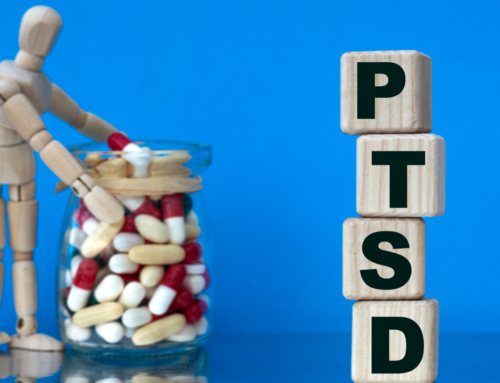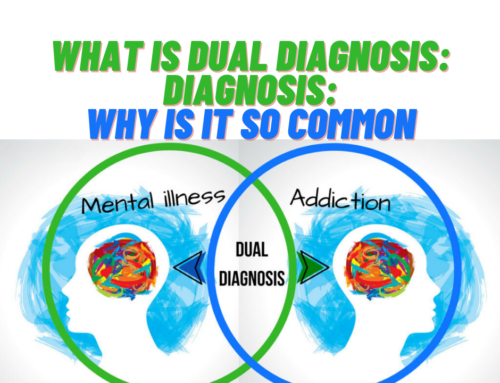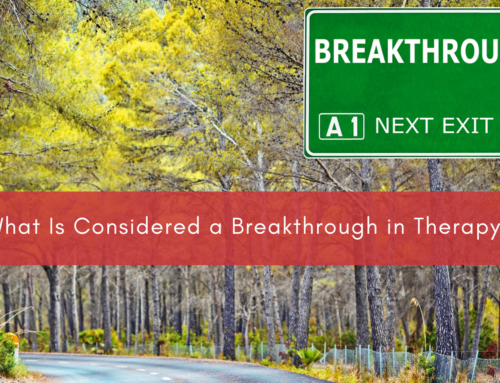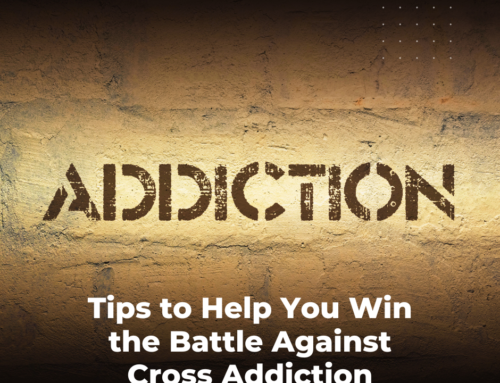People are increasingly abusing opioid pain medication after they experience surgery or other medical problems needing pain management. According to Medscape, patients involved with substance abuse are generally undertreated for pain which results in poor pain management and withdrawal if they stop. Substance abuse needs to be seen by the medical community as a chronic medical problem instead of a moral issue so more is done to acknowledge and treat the pain of those who are addicted to opioids.
Pain Among Patients Who Abuse Opioids
Patients who abuse opioids may be experiencing pain because of “opioid hyperalgesia” where long-term use causes hypersensitivity to painful stimuli. Animal and clinical studies show that long-term opioid use leads to lower pain tolerance. Patients could become tolerant to opioids not because the drug is less effective or they are seeking a high but because their pain sensitivity has increased. Even several weeks after opioid use has stopped, patients still have an increased pain sensitivity. If patients are experiencing pain as a result of mental illnesses they have, they may want to treat their psychiatric disorder with opioids.
Pain Undertreated in Those Who Abuse Opioids
Society views those struggling with drug addiction as immoral. When clinicians speak to these patients, they may use a stigmatizing vocabulary such as they have “done this to themselves.” Because hospitalized patients are sensitive to this bias, this can lead to a fear that their needs will not be acknowledged. After all, the same biases are not carried for diseases like coronary heart disease, obesity, emphysema, or type 2 diabetes even though those diseases came about through life choices. Providers are also afraid that prescribing opioids to these patients can cause addiction or lead to relapse. Patients who abuse opioids may have system issues when they need pain relief medication like delays in pharmacy stock or low availability in low-income areas.
What Can Be Done
A treatment plan needs to be made to strengthen trust, give the patient a sense of respect and control, and improve outcomes. Instead of taking doses as needed, patients should have scheduled doses for around-the-clock pain relief. Intravenous doses may be more effective than oral doses since they provide faster relief but the effects wear off quicker. There are also nonopioid treatments like nonsteroidal anti-inflammatory drugs, acetaminophen, muscle relaxants, or neuropathic agents. It is best to speak to an addiction specialist about how to take your pain medications to avoid relapse.
At Alta Loma Transformational Living, you will meet knowledgeable, compassionate professionals that understand addiction in all its forms. Alta Loma uses an integrative and holistic approach to treat addiction and mental health issues. No treatment is one-size-fits-all, where you will have a team of experts prepared to create your customized treatment plan. We offer care for your mind, body, and spirit, so that you can heal from the inside out and look forward to a lifetime of sobriety and wellness. If you are ready to take the first step in your recovery, please call us at 866-457-3843.



